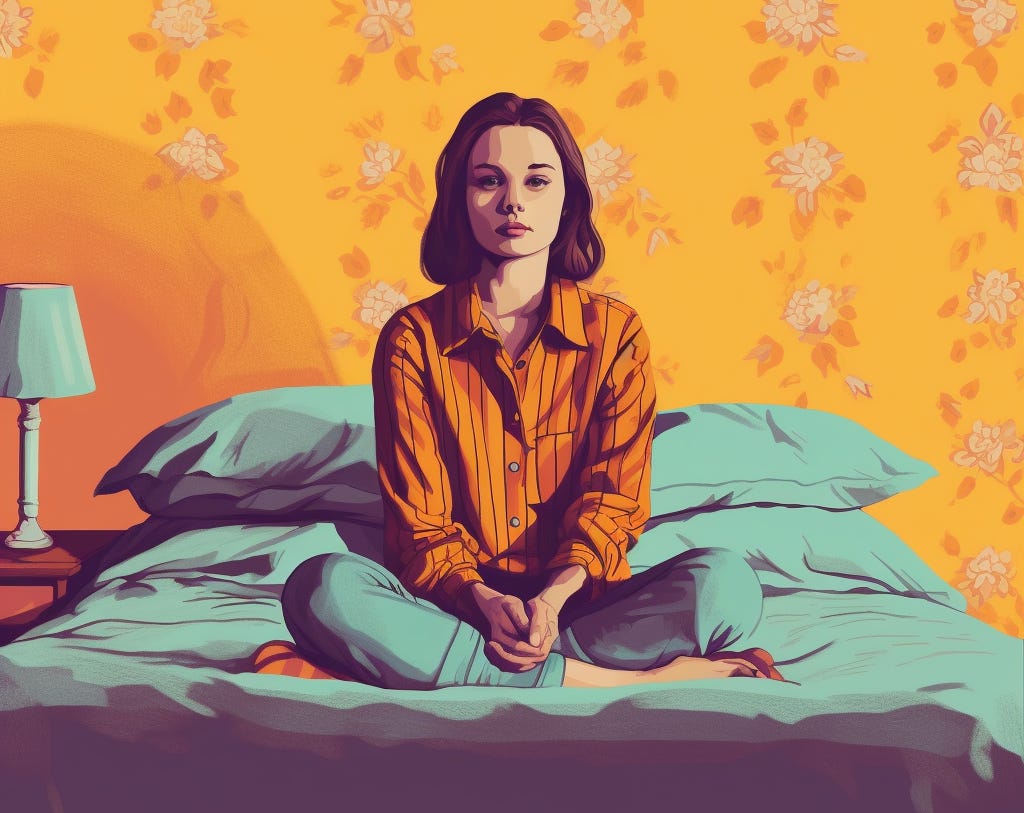Have you ever felt like you can’t take another photograph / write another word / draw another picture ever again?
I have.
As creatives, and especially when we earn a living through our creativity, whether it’s selling paintings, making movies, writing books, being hired to photograph weddings, or getting public funding to make our work, we are constantly under pressure to “ship” creativity, to produce on demand, to keep making things. More, better, faster, rinse and repeat.
Maya Angelou famously said in 1982, “You can’t use up creativity. The more you use, the more you have” and it has since become an Internet meme, guilting us into creative productivity (the point she was making, in context, was actually rather different, as she talked about everyone being capable of creativity given the right environment).
There is a multitude of books written that teach us how to maintain a creative practice, from the famous The Artists Way to The War of Art (which I do highly recommend - under the …





